How newborn children of prisoners in the USA and Russia live
Categories: Asia | Europe | Lifestyle | North America | People | Photo project | Relationship | Society | World
By Vika https://pictolic.com/article/how-newborn-children-of-prisoners-in-the-usa-and-russia-live.htmlHave you ever wondered what life is like for children born in prisons? What awaits a future mother who became pregnant shortly before being in prison, or maybe became pregnant while there? Prisons in Russia and the United States answer these and many other sensitive questions differently ...
13 PHOTOS
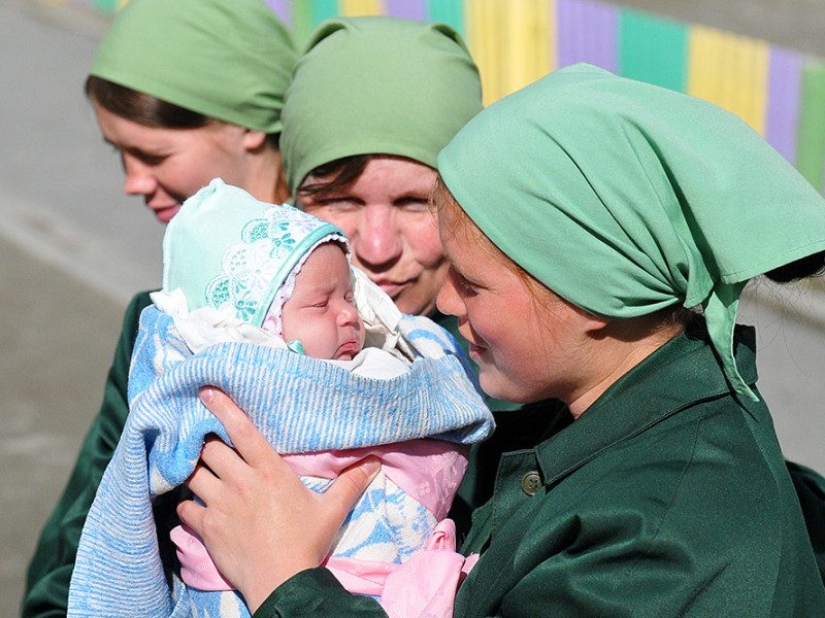
1. In Russia, there is only one way for small children to appear on the territory of the prison - they must be born there. It is impossible for a prisoner to take an already existing small child with her to prison. But if a woman gave birth to a baby right in prison or in a pre-trial detention center, then there are only a few options for the development of events for them, and far from all of them, unfortunately, are humane and justified ...
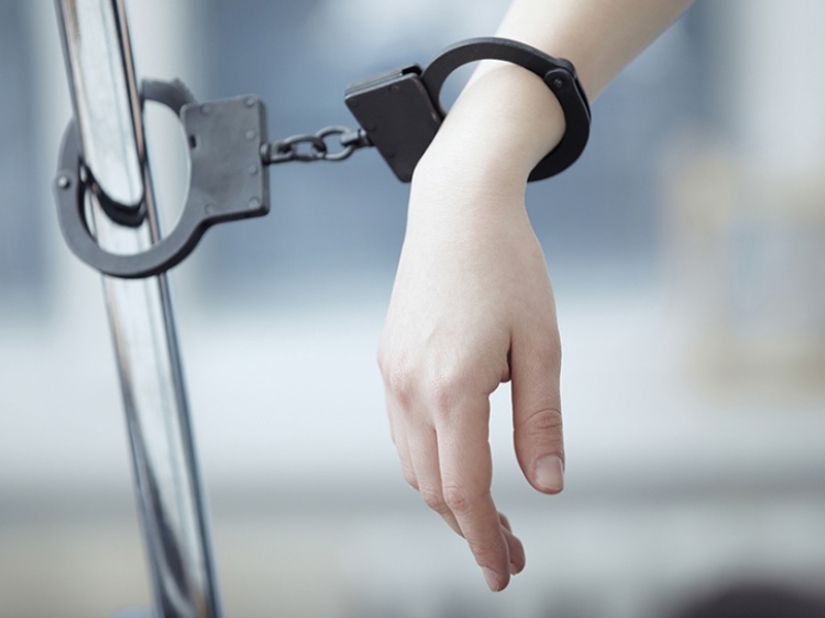
2. If a woman is in a pre-trial detention center during childbirth, then she will give birth under escort in one of the city maternity hospitals. In Russia, there are often problems with the proper organization of the convoy, and therefore you can find such a practice when a woman gives birth handcuffed to a bed ...
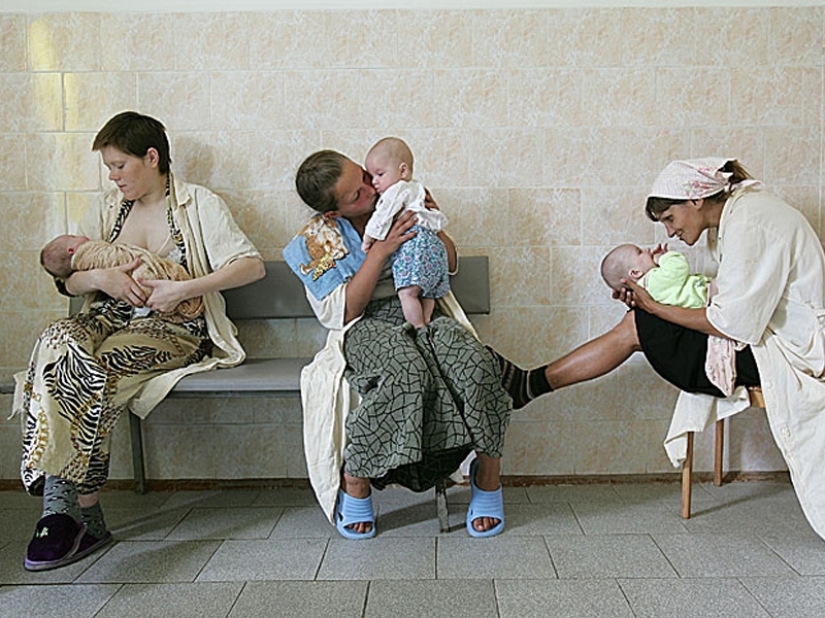
3. Further, several developments of events can await the woman in labor and her infant. If in the pre-trial detention center where she is serving time, human rights are more or less respected, then there is a chance that the mother will be given 3-4 days to recover from a natural birth or time before the stitches are removed in the case of cesarean delivery. At this time, the child is in the ward with the mother under escort. And this is the most "pleasant" scenario.
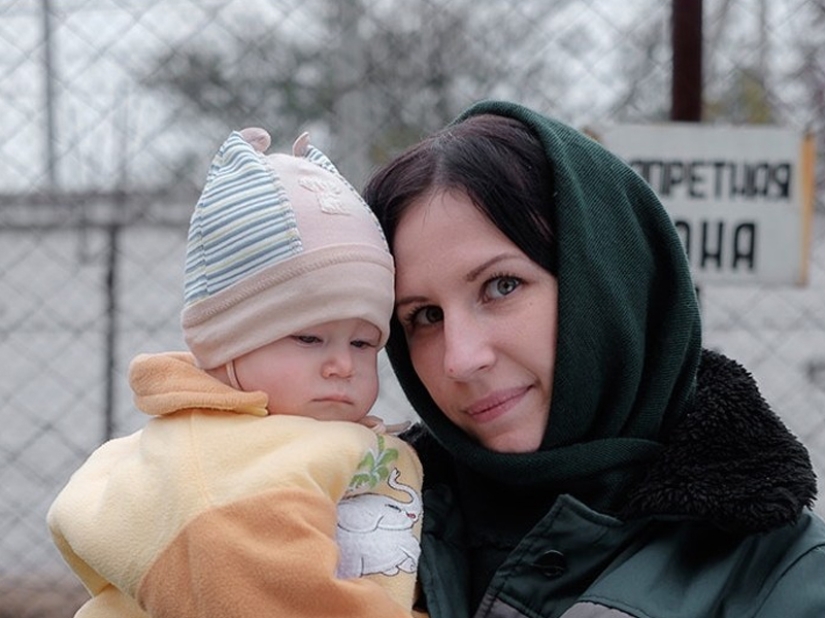
4. Another option is when a mother is immediately taken to a pre-trial detention center after giving birth. The child is brought to the mother only later when he has undergone all the necessary postpartum procedures. In this case, the child is deprived of breastfeeding for the time of separation from the mother.
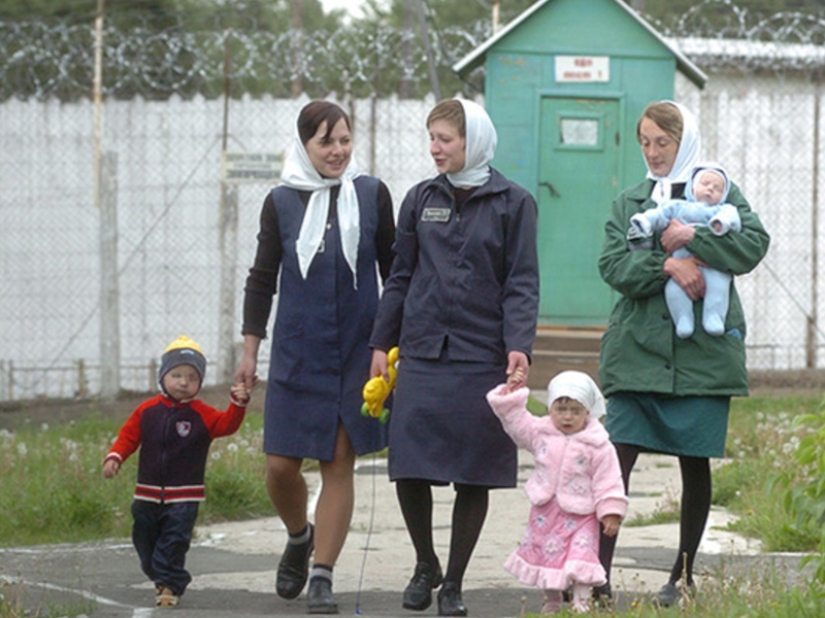
5. If a woman has already been convicted and is in a colony, then most likely, after giving birth, the mother and child are immediately separated. The child will be waiting for the orphanage, and the mother will be obliged to return to the detachment. The option of cohabitation of mother and child on the territory of the prison is practically excluded (although it is provided for in theory), but at the moment this issue is being acutely raised at the level of the Federal Penitentiary Service and the option of a positive resolution of it is not entirely excluded.
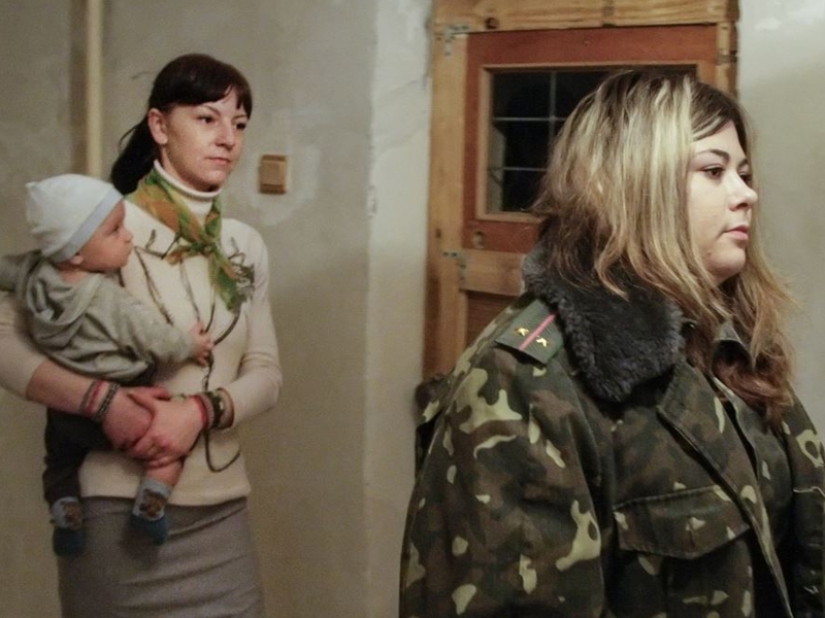
6. If the mother still manages to “knock out” the possibility of cohabitation with the child through struggle and some manipulations, then they clearly should not expect unique living conditions. There they live in simple dorm rooms - without water and gas stoves. But this is already a great privilege because the most important thing for a child at this moment is not ideal living conditions and the quality of diapers, but the full presence of the mother nearby.
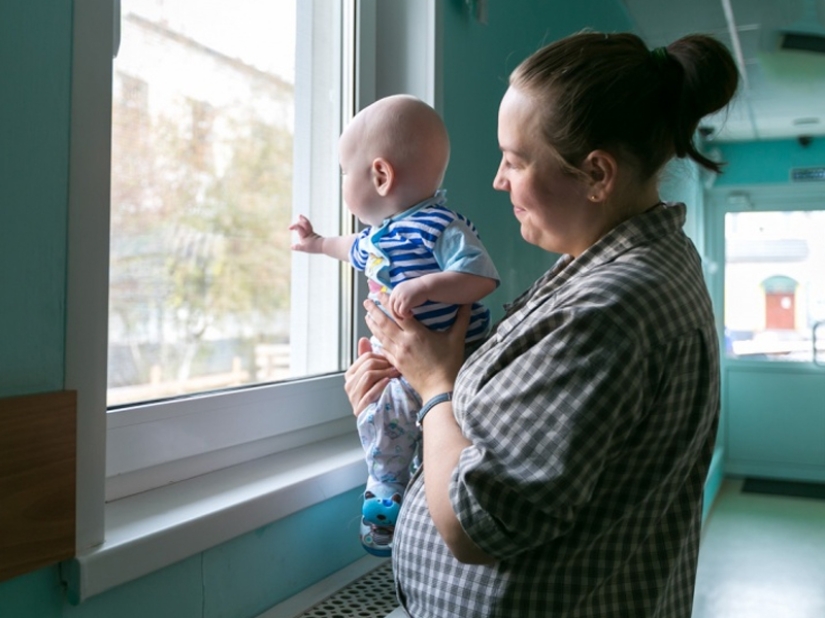
7. By law, young children have the right to be near their mothers for up to only 3 years. Further, if the prisoner does not have relatives at will who are ready to take custody of the child, they are transferred to an orphanage. As a rule, if a child has gone to an orphanage, and the mother still has a long term left, for example, 4 or 5 years, then with a high probability the child will remain in the orphanage until adulthood ...
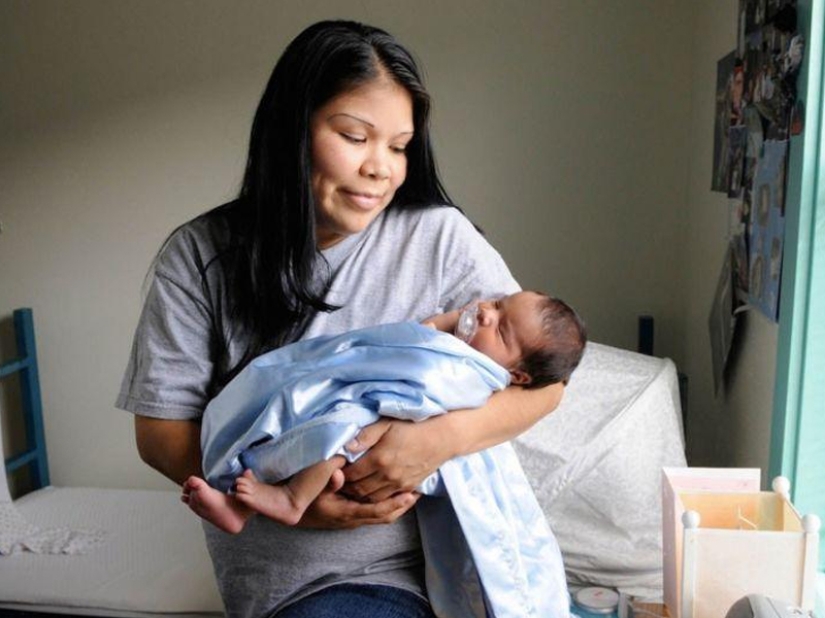
9. In the US, the process of having children is somewhat different. Of course, in most cases, newborn babies are taken from their mothers within 48 hours of birth and given to relatives or to an orphanage. But a few years ago, special centers were opened in 8 states where inmate mothers can raise their children right in prison.
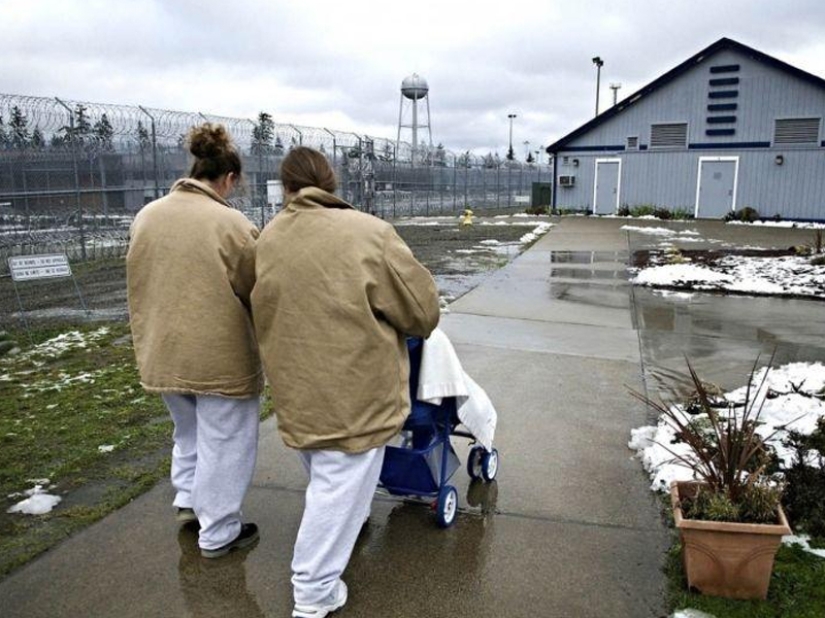
10. These centers cause very conflicting opinions in society. Someone says that this is very good because the child will always have a loving mother by his side, which will have a beneficial effect on his development and future. In addition, the mother herself has an additional incentive to improve her life.
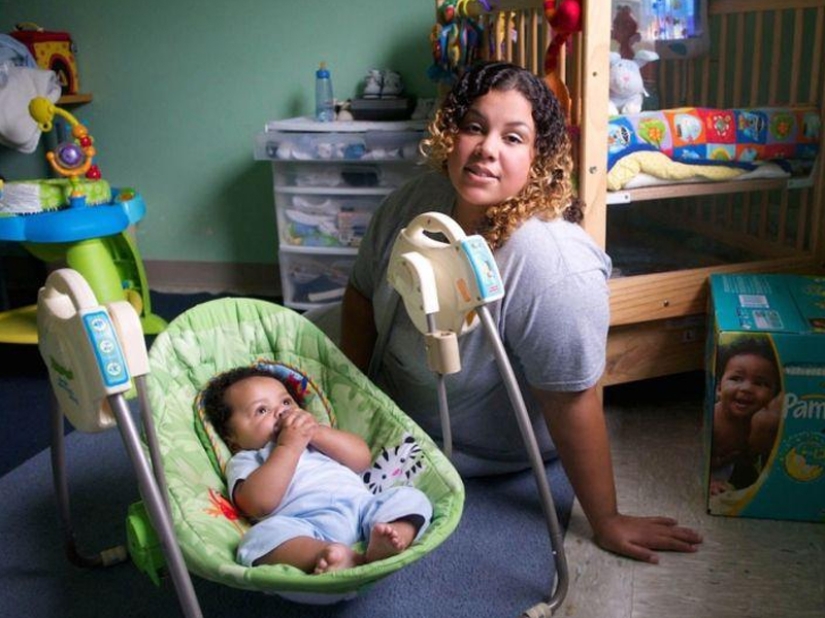
11. Others believe that prison is not at all the right place for a child, besides, then the child will still have to part with his mother, but for him, it will be even more painful in adulthood. And what kind of proper care and care in the cell of prisoners can we talk about ...
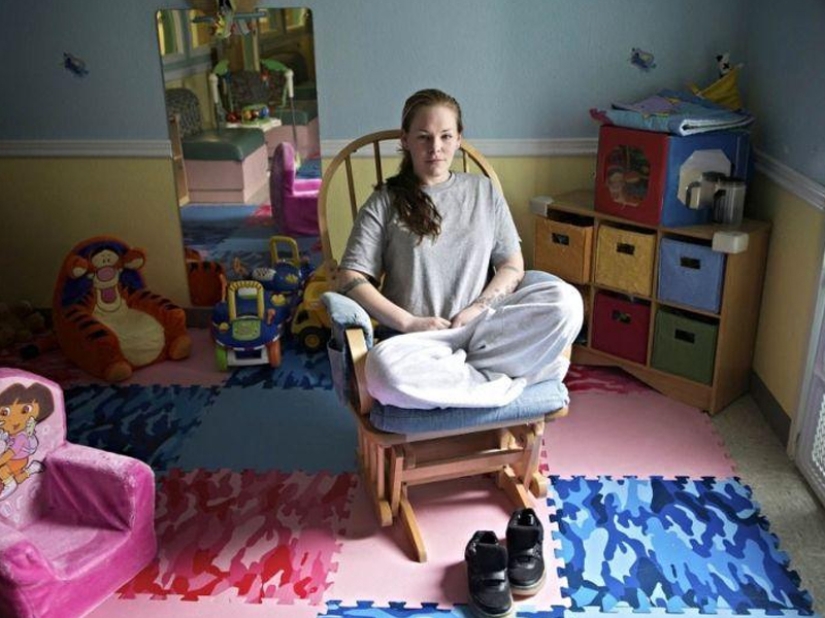
12. In the conditions of places of deprivation of liberty, children's rooms look completely different from other cells. There, the walls are decorated with drawings, and the children laugh, play, and go for a walk. There are no bars on the cells, and there are no handcuffs on the mothers so as not to frighten the child.
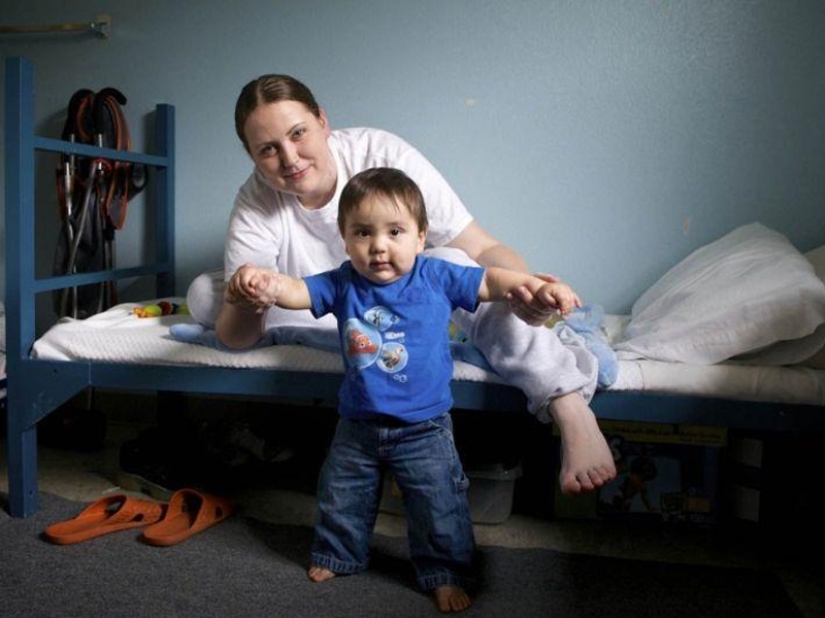
13. There is only one fly in the ointment in this whole barrel of honey - only those who are sentenced to no more than 2 years in prison have the opportunity to raise a child in prison so that the time spent there falls on the very early years of the baby.
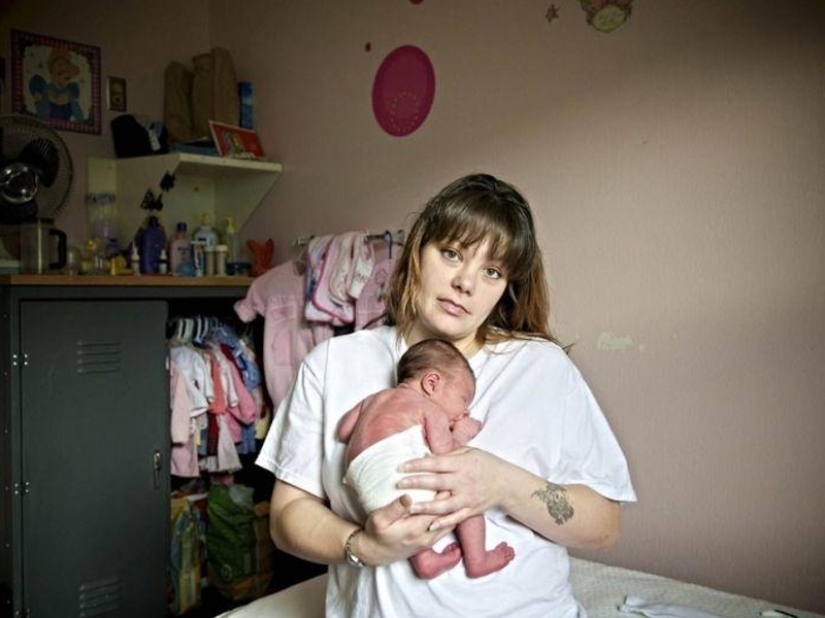
14. However, with all the “buts” that follow and numerous questions regarding the organization of the life of American mothers in prisons, it still seems much more humane and condescending compared to what Russian women have to endure.
Keywords: Newborn children | Children | Russia | US | Prisoners | Motherhood | Mother prisoners | Pregnancy | Sensitivity
Post News ArticleRecent articles

Pastry chef Elena Gnut creates real works of art from flour and butter. Almost 300 thousand subscribers have been following her ...

Ready to be surprised? This collection is guaranteed to delight fans of all sorts of curiosities. Yes, the longer we live, the ...
Related articles

Our world is so big and multifaceted that in every corner you can see interesting and unique things. And we're not just talking ...

Chilean artist Guillermo Lorca (Guillermo Lorca Garcia Huidobro Andres) — our contemporary. But the fact that this young ...

By the end of school everyone more or less gets the idea of the history of their country. However, usually it has quite little in ...

Sunken or simply abandoned ships have a mystical magnetism. They attract not only experienced extreme sports enthusiasts, but also ...